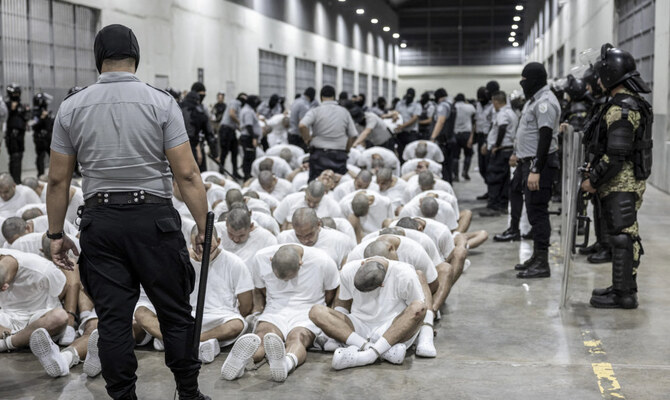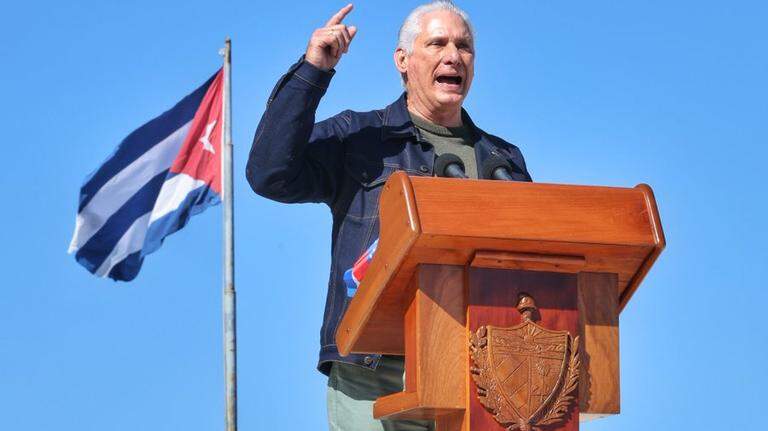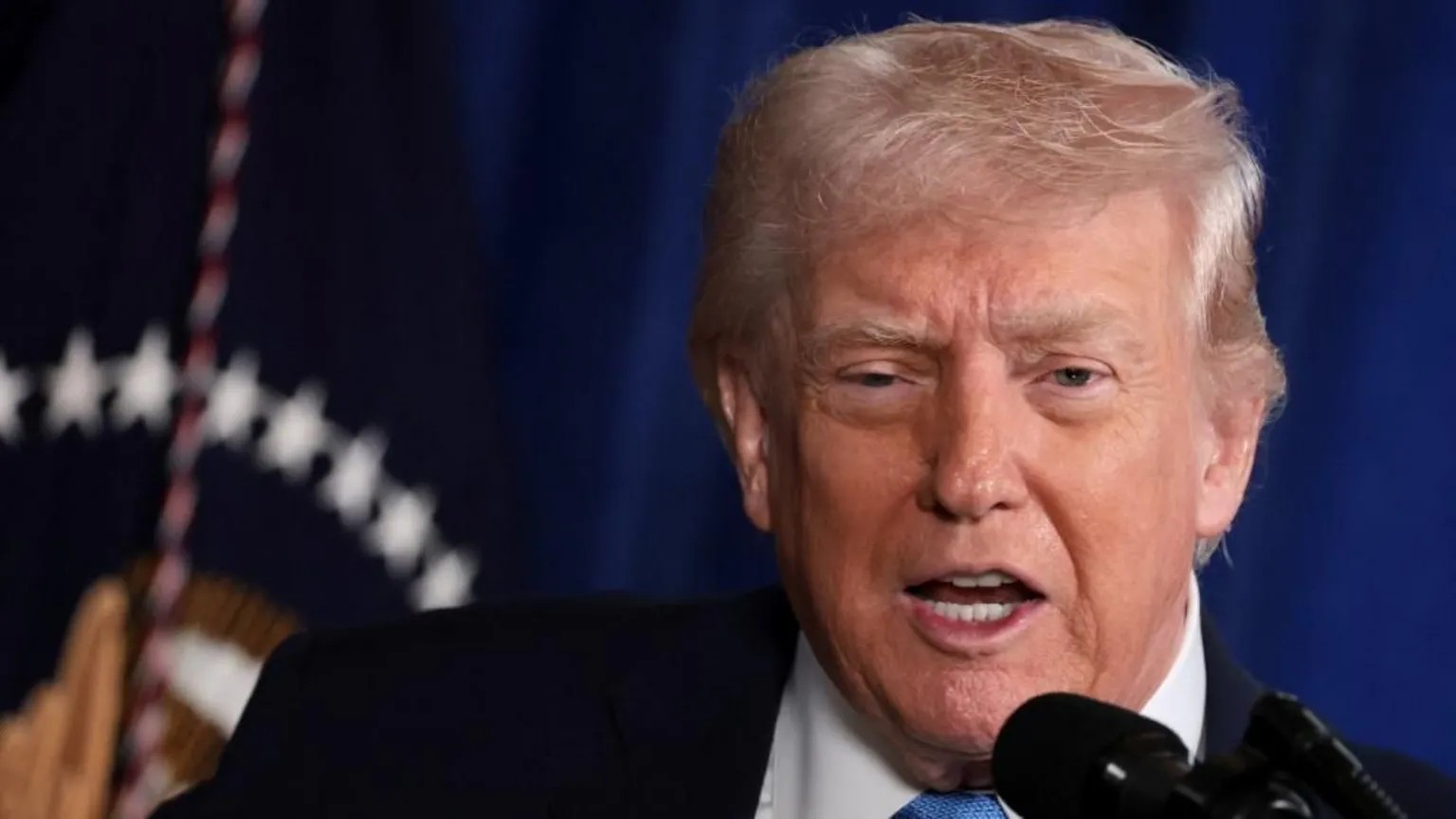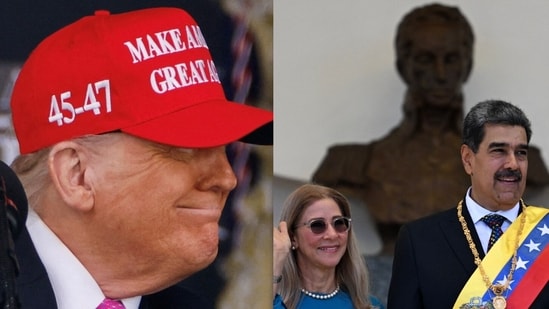The Trump administration claims that deported migrants are gang members, yet fails to disclose their identities or present supporting evidence.
- by Sharon Medley , RNG247
- about 9 months ago
- 256 views

***Families and Critics Allege Violations of Due Process as Government Uses Wartime Authority to Expedite Deportations
The Trump administration has initiated the deportation of hundreds of migrants, labeling them as gang members without revealing their identities or presenting evidence to support such claims. This secrecy has drawn widespread criticism from families of the deported individuals and civil liberties advocates who argue that the administration is infringing on fundamental civil rights.
Using a rarely invoked wartime authority, officials assert that the expedited deportations are necessary to mitigate an "extraordinary threat" posed by individuals the president has deemed foreign terrorists. However, the lack of substantiating information has raised questions about the administration's assertions regarding the alleged gang affiliations and criminal histories of the deportees.
Families of those removed are voicing concerns about a lack of transparency in the deportation process, describing it as haphazard and unjustly punitive toward individuals they firmly believe have no connections to organized crime. “These are not criminals; they are our family members,” one relative lamented.
During a press briefing, White House Press Secretary Karoline Leavitt cited operational security in refusing to disclose details about the detainees, while claiming high confidence in the capabilities of ICE agents. This statement contrasted sharply with earlier disclosures regarding the capture of Francisco Javier Román-Bardales, an alleged senior MS-13 member set to face serious charges in the U.S.
Insistent upon their authority, the administration’s decisions to deport were fiercely criticized by Democratic lawmakers such as Sen. Richard Durbin, who condemned the methodology used to determine deportations. “This isn’t how justice is served,” Durbin stated, emphasizing the role of courts in adjudicating legal matters rather than a unilateral executive action.
Despite assurances of thorough vetting from the Immigration and Customs Enforcement (ICE) division, documents presented in court suggested that many of the deported individuals lack criminal records, raising further doubts about the justification for their removal. ICE officials acknowledged this reality, arguing that the absence of a criminal history does not equate to a lack of potential threat.
The administration attempted to uphold a veneer of transparency by disclosing the numbers of deportees under a controversial agreement with El Salvador's president, Nayib Bukele. However, legal disputes are brewing as a judge temporarily blocked the use of wartime authority for these rapid deportations, leading to a tense clash between the executive and judicial branches.
As the Trump administration continues to label foreign criminal organizations as terrorist threats, debates over the legitimacy and appropriateness of these deportations reveal deeper issues about civil liberties and the integrity of legal processes in the United States.
















0 Comment(s)